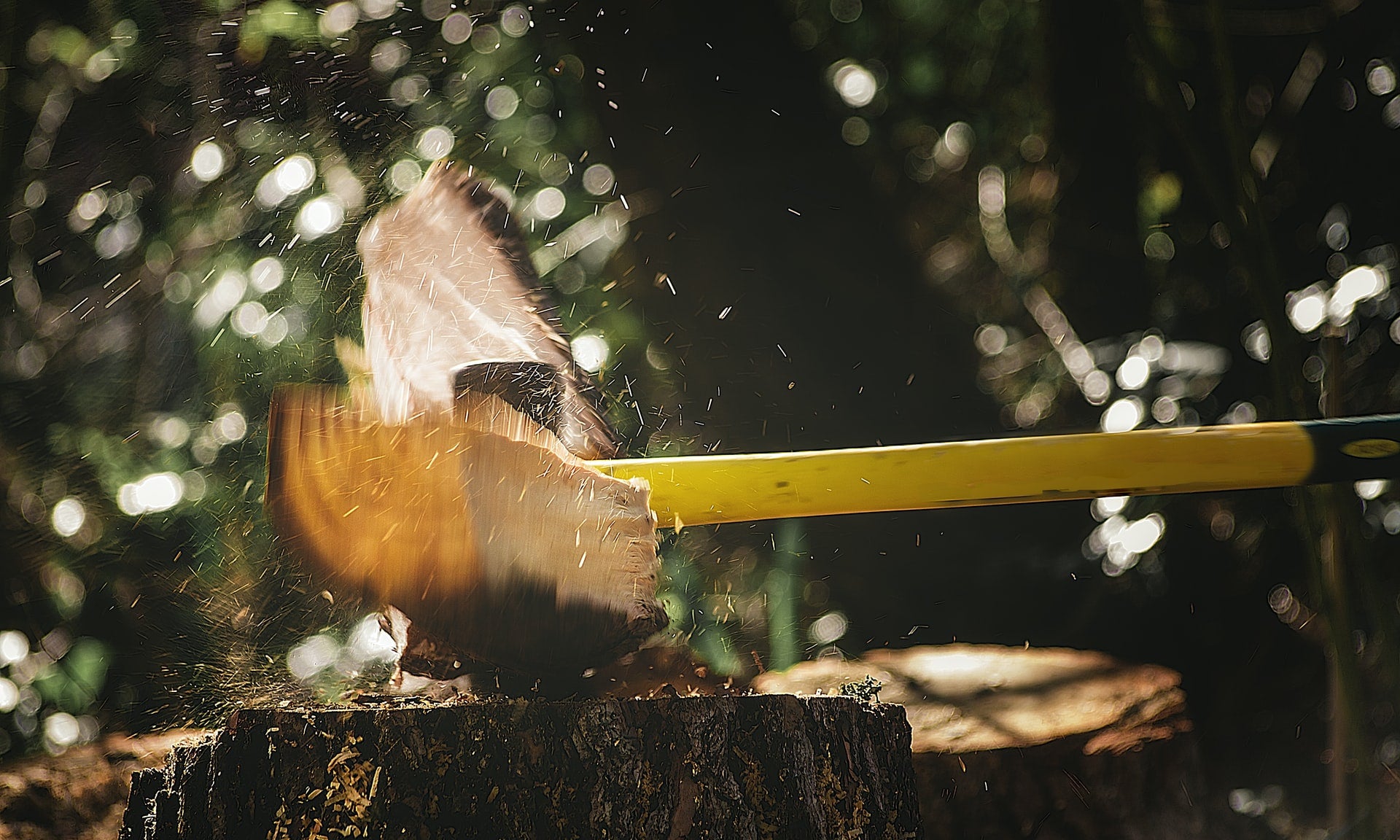1) The Art of Impossible by Steven Kotler
Mihaly Csikszentmihalyi’s pioneering flow research gave scientific credibility to the feeling of “being in the zone” that you experience when you’re so dialed into an activity that time seems to stand still and everything else around you shrinks away. In 2014, Steven Kotler brought Csikszentmihalyi’s insights to the lay reader when he looked at flow through the lens of extreme sports like big wave surfing and BASE jumping in his exceptional book The Rise of Superman.
Since then, Kotler, his creative partner in crime Jamie Wheal, and their colleagues at the Flow Genome Project have broken new ground in this field. Kotler has applied their research to the journalism craft in his Flow for Writers workshops, and he’s taken a glimpse into what’s next with co-author Peter Diamandis in Bold, Abundance, and The Future is Faster Than You Think. Now Kotler has distilled seven years of findings into The Art of Impossible: A Peak Performance Primer, which not only features flow pointers but also other techniques that can help you achieve what he calls “extreme innovation.” Here’s one of the best bits:
Curiosity to Passion to Purpose
To find activities to pour all your passion and drive into, follow this process:
- Write a list of 25 things you’re curious about.
- After you’ve finished, start looking for ideas and concepts on your list that overlap or intersect.
- Start playing in the intersections. “The goal is to feed those curiosities a little bit at a time, and feed them on a daily basis,” Kotler writes. “This slow-growth strategy takes advantage of the brain’s inherent learning software.”
- Go public with your passion. Tell your friends about what you’re learning and find new people to geek out with.
- Apply purpose to your passion, and call in others to help you turn your curiosity into something meaningful.
- Put purpose into practice by identifying a mission and chasing it for all you’re worth over the long haul.
2) Effortless by Greg McKeown
Chinese writer, philosopher, and linguist Lin Yutang once said that, “The wisdom of life consists in the elimination of non-essentials.” Greg McKeown applied this principle to his own life when he dropped out of law school in England to move to California and study at Stanford, and he later turned down all other projects for two years to focus on co-writing Multipliers: How the Best Leaders Make Everyone Smarter with Liz Wiseman. He also realized after being guilted into attending a client meeting hours after his wife gave birth to their child that “if you don’t prioritize your life, someone else will” and that giving into the trap of doing more was unsustainable.
McKeown encapsulated such concepts in his 2014 book Essentialism: The Disciplined Pursuit of Less. The fact thatthe follow up took seven years to finish suggests that he’s following his own advice. At long last, Effortless: Make It Easier to Do What Matters Most has landed. In it, McKeown builds on the principle of distinguishing what’s essential and non-essential to help you get off the treadmill of continual overwork. “As high-achievers, we’ve been conditioned to believe that the path to success is paved with relentless work,” he writes. “That if we want to overachieve, we have to overexert, overthink, and overdo. That if we aren’t perpetually exhausted, we’re not doing enough. But lately, working hard is more exhausting than ever. And the more depleted we get, the harder it is to make progress. Stuck in an endless loop of ‘Zoom, eat, sleep, repeat,’ we’re often working twice as hard to achieve half as much. Getting ahead doesn’t have to be as hard as we make it.” Here’s one of the book’s most useful ideas:
Invert Uphill into Downhill
- When you’re trying to execute a complex strategy that makes you feel like you’re pushing a big boulder up a hill with every step you take, pause and ask yourself, “What’s the simplest way to achieve this result?”
- Take a leaf out of LinkedIn co-founder Reid Hoffman’s playbook and “solve the simplest, easiest, and most valuable problem” first.
- Repeat the process until you start to build enough momentum through a series of small wins that it feels like the boulder is now rolling downhill under its own steam.
- Resist the temptation to overcomplicate every project and attempt to outwork problems. Remember that doing just enough to achieve a desired result is the very definition of efficiency.
3) A World Without Email by Cal Newport
If you’re a frequent visitor to this blog, you’ll know that here at Ergodriven, we’re big fans of author and Georgetown University computer science professor Cal Newport, and particularly his ideas about blocking out distractions to focus on deep work. His book on that topic (can you guess the title?) is a true must-read if you want to maximize your productivity and remove unnecessary complexity from your workday and life. In his next book, Newport took aim at arguably the biggest digital time suck – social media – in Digital Minimalism: Choosing a Focused Life in a Noisy World. Now he has turned his attention to another tool that often creates more issues than it solves: email.
In A World Without Email: Reimagining Work in an Age of Communication Overload, Newport shares that the average knowledge worker checks their email once every six minutes. This addiction is making us scattered, anxious, and strung out, and in our constant struggle to achieve a zero inbox, we’re torpedoing our chances of completing meaningful projects with any kind of consistency. Thankfully, just as he did in his previous books, Newport connects the dots between research and practical ways we can regain control of our digital communications. Here’s a great example (warning: it might make your boss freak out, but try anyway):
- Instead of getting constantly bombarded by email, texts, and Slack messages, set office hours.
- Let colleagues and supervisors know when you’re available to meet.
- Protect these times as sacred so you can focus and be fully present for both face-to-face and video meetings.
- In the interludes between office hours, try to keep the digital back and forth to a minimum.
- Share a to-do list that needs to be accomplished by both parties before you next get together.
- If your coworkers protest and ask what they’re supposed to do if they need something before your next meeting, quote Basecamp co-founders Jason Fried and David Heinemeier Hansson as you answer, “You wait, that’s what you do.”




















